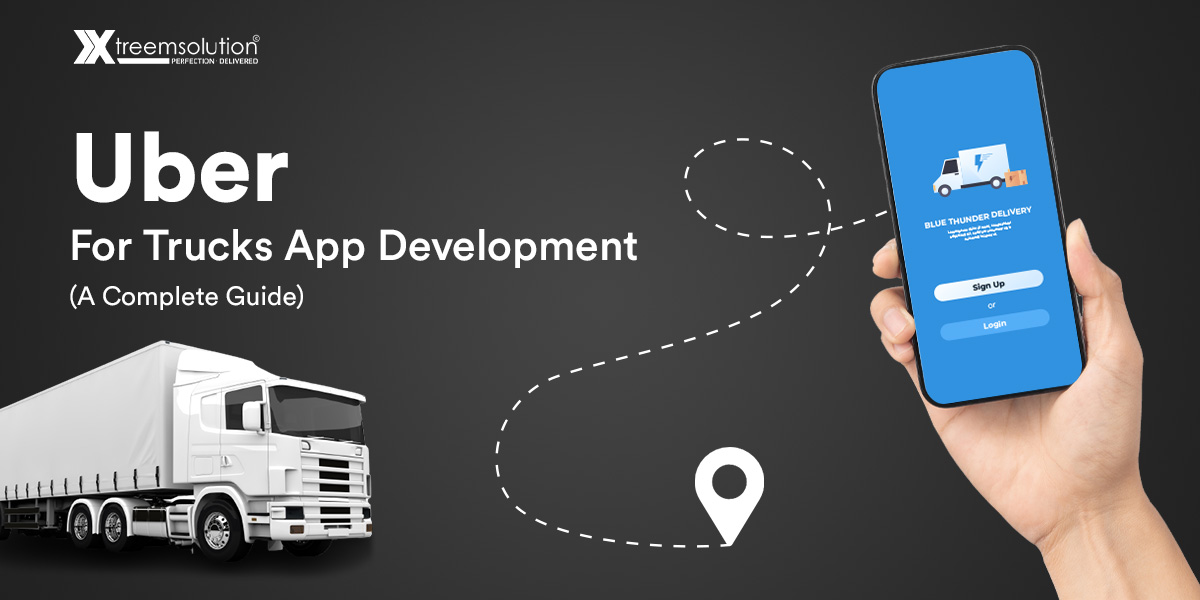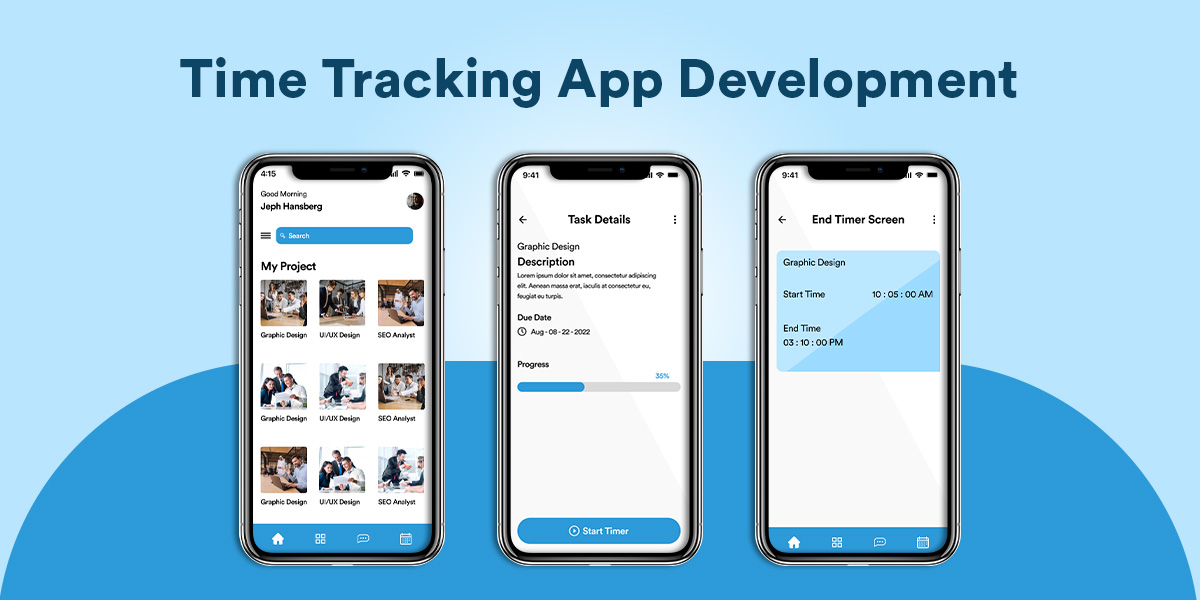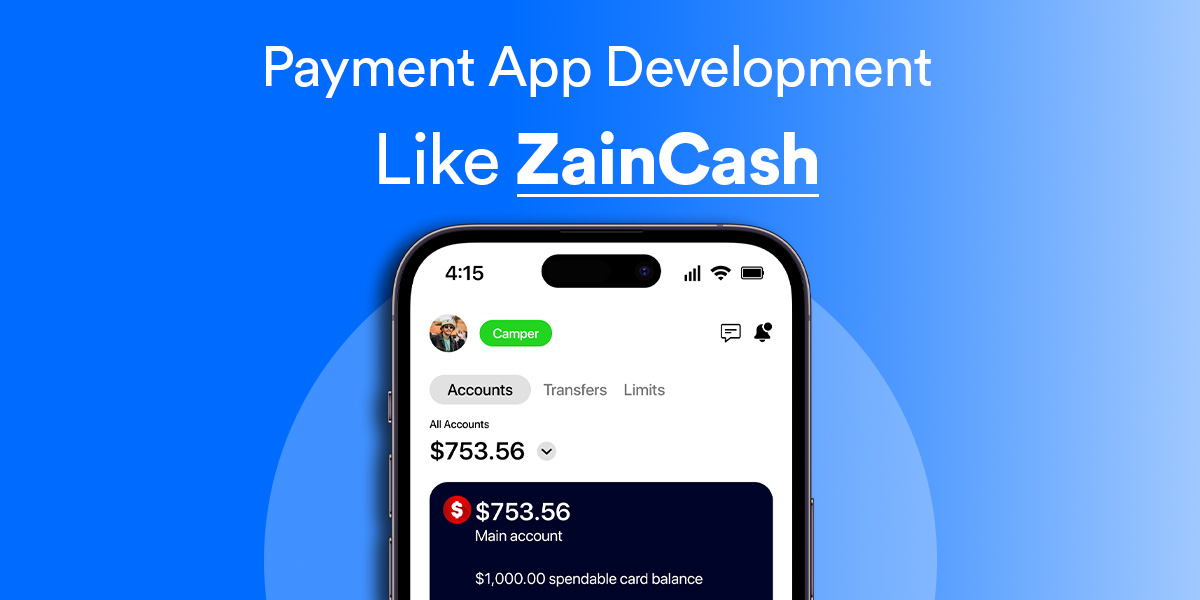In today’s world, mobile is the new digital benchmark and trendsetter for brands across the globe. From large to small to medium businesses, all are incorporating mobile apps into their business strategy. And why not, an average smartphone user keeps at least 25 apps on a rotational basis for fun and ease-of-work purposes. From asking a question to listening to a joke to shopping and getting a detailed how-to guide, these apps have made things easier, faster and mobile for customers.
But prior to diving into a mobile development project, businesses should ask these five questions:
- Which device to develop your app for?
More than 75 percent of global citizens own smartphones and the tablet ownership will reach 900 million by 2017. With such a multitude of choices, device fragmentation is a major challenge for mobile projects. If a majority of shoppers access a site from Android phones, the mobile app in question should be built on Android. Another point to consider is that iPhone and iPad users are likely to spend more than Android users. Despite Android representing a substantial market share, Apple users pack a statistically larger transactional punch. Also, keep in mind that tablet users of all types boast more transactions than smartphones. Analysing existing traffic to a company website will help with assessing an audience in terms of device preference.
- What should the app do?
Once a business identifies the ideal development platform, the team can begin contemplating functionality. Whether it be mobile shopping or filing expense reports, a centralized focus is a key, that is its mainly depends on the way we optimize our Ecommerce website development services such that it produces the best in both design and user interaction which is commonly known as a mobile-friendly factor.
Will the app be a comprehensive ‘kitchen-sink’ for customers, meaning they can interact in every way with a brand, similar to a website? Another approach centers on simplicity. Businesses must know what their mobile user base wants to accomplish. One way to assess the objective is to analyze the top actions taken by mobile visitors browsing the existing website.
The same approach is effective when building internal business apps. Rather than create one app to handle document authorization, expense reporting, and sick leave requests, it can be more efficient to create isolated apps that integrate when needed.
- Can existing infrastructure handle the increased traffic?
Another important aspect to keep in mind when developing a mobile app is the need for integration with backend systems and pre-existing infrastructure. If a brand is building a mobile e-commerce app, due diligence in regards to melding with an e-commerce system is crucial. Businesses must consider the capacity of existing systems to handle additional transactions and traffic.
By taking a methodical approach, businesses can take the mystery out of identifying a successful mobile strategy – at least, for the most part. For the rest of it, Xtreem Solution works with its proficient team to give ground-breaking results.








